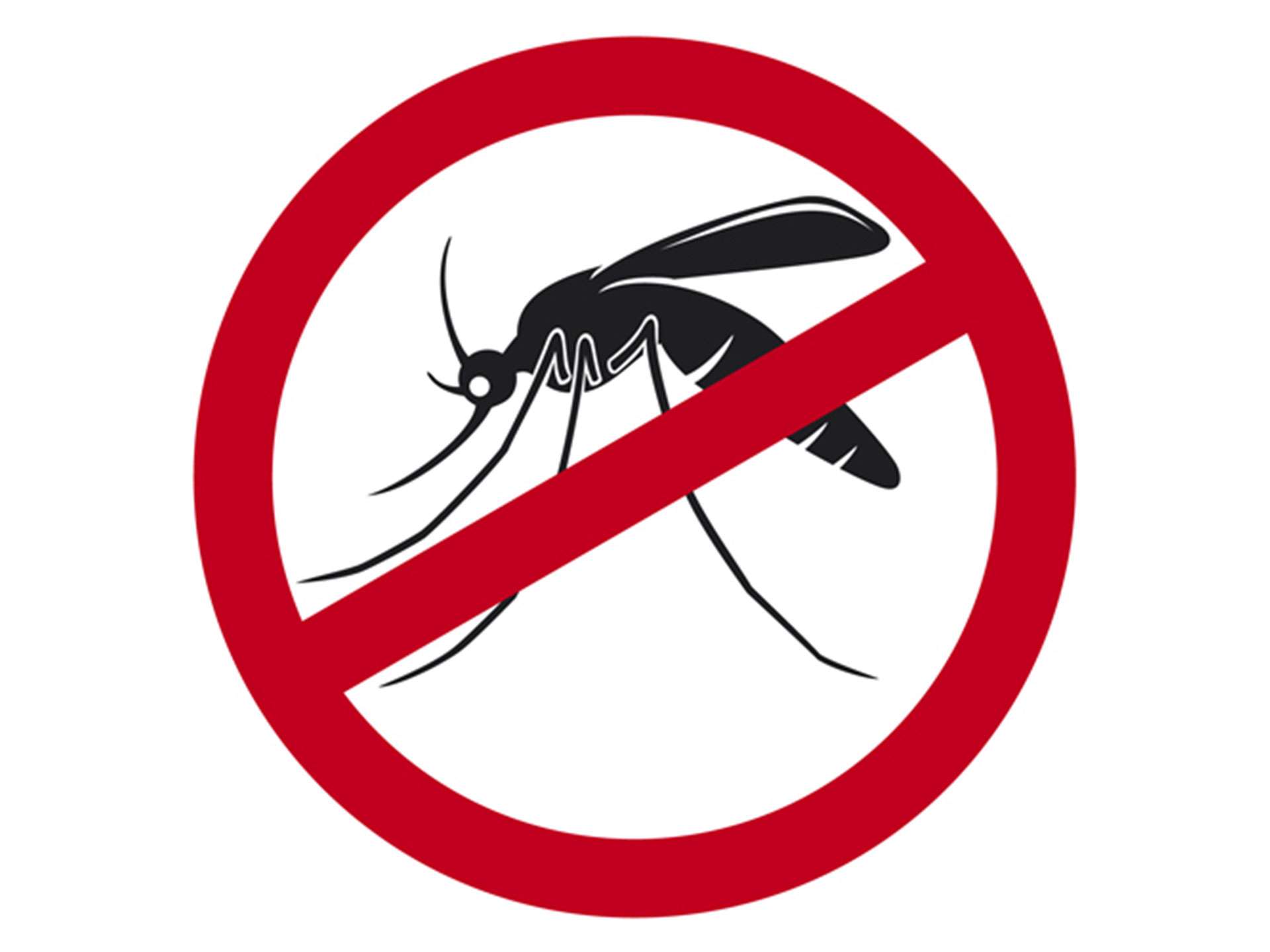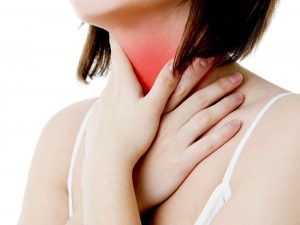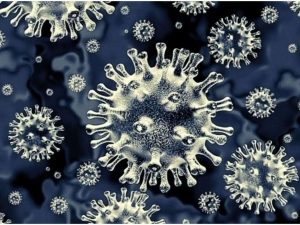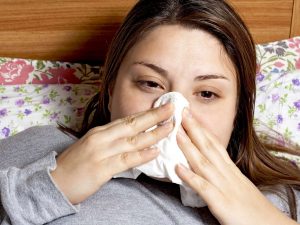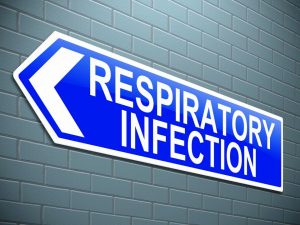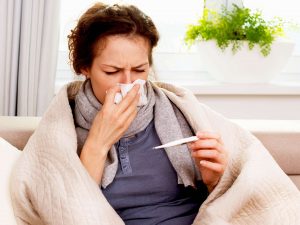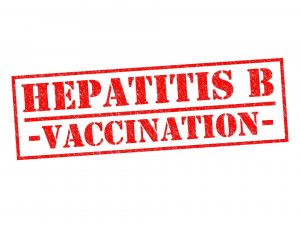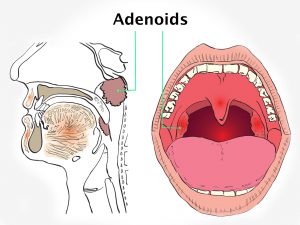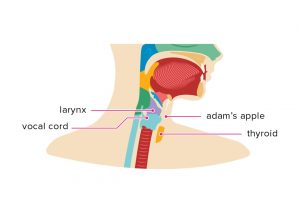An ideal chemical candidate for developing the DENV vaccine should be an immune-stimulating agent that can help the body to produce antibodies capable to act against all 4 serotypes of DENV equally, for the whole life of the receiver. There have been various challenges in development of DENV vaccines such as chances of increased viral replication;risk of antibody-dependent enhancement (ADE) post-vaccination in dengue endemic areas;lack of apt animal model that can reciprocate dengue haemorrhagic fever (DHF) or dengue shock syndrome (DSS) manifestations as in human body.
The Tetravalent Vaccine: There are majorly five types of vaccines that are under research against Dengue— (i) live attenuated vaccines, (ii) chimeric live attenuated vaccines, (iii) inactivated vaccines, (iv) recombinant sub unit vaccines, and (v) Plasmid-nucleic acid-based vaccines.
The vaccine against DENV, making it to the headlines recently, is a live attenuated tetravalent vaccine originally denoted by this name — chimeric yellow fever (YF) 17D/dengue 1–4 (ChimerivaxTMvaccine) or “CYD-TDV” as its abbreviation is known as. This vaccine has to be administered thrice in a year to a human being as per the data suggests. The vaccine was tested per-clinically in Rhesus monkeys, before its human trial was initiated. Overall evaluation predicts that the preventive shots can help reduce the disease burden of Dengue infections in the endemic countries to a great extent; however with a higher risk of hospitalization in children from 2 to 5 years of age.
First Dengue-preventive Vaccine: Recently, the multinational pharmaceutical manufacturer Sanofi’s vaccines division Sanofi Pasteur (Lyon, France) has saddled up to launch the first ever preventive dengue vaccine. Regulatory approvals that will decide in which of the 20 countries the vaccine shall be first available, will be followed by the launch. According to the research news, the CYD-TDV live attenuated tetravalent vaccine completed two pivotal phase III efficacy studies encompassing more than 31,000 volunteer participants from Asia and Latin America and the Caribbean countries, in September 2014. The phase III study results revealed that the vaccine’s 3-dose schedule was successful to reduce incidence of all four dengue sub types in 60.8% of the children and adolescent (age-range of 9-16 years) participant population. Moreover, a significant reduction of 80.3 % in the need & risk of hospitalization owing to dengue infection is also reported in the study results.
Further Developments: A single dose, live attenuated, tetravalent, dengue vaccine from a Pharmaceutical company sponsored research, is being seen to have great promises. The vaccine set to be marketed by 2020, will bet on the advantages such as subcutaneous (under the skin) administration, convenience of single dose, and less price particularly for the developing countries. Further off, setting their feet in development of different variants of Dengue-prevention vaccines are — a reformulated plasmid DNA vaccine by the U.S. Naval Medical Research Center,and an Alum-adjuvanted recombinant sub unit protein vaccine sponsored by an multinational pharma manufacturer. Considering the surging numbers of dengue cases and deaths in the Indian subcontinent, positive lab-scale results from a new research on a recombinant tetravalent vaccine containing envelope domain III for all four dengue serotypes creates further hope.
[
References in case:
- World Health Organization, Geneva, 2013. Dengue and severe dengue [fact sheet no. 117, revised September 2013]. Available from: http://www.who.int/mediacentre/factsheets/fs117/en/
- Centers for Disease Control and Prevention, Atlanta. Dengue. Available from: http://www.cdc.gov/dengue/
- Kyle JL, Harris E. Global spread and persistence of dengue. Annu Rev Microbiol 2008;62:71-92
- World Health Organization, Geneva, 2012. Global Strategy for dengue prevention and control, 2012-2020: WHO report. Available from: http://www.who.int/denguecontrol/9789241504034/en/
- http://www.pharmatimes.com/Article/15-07-28/Sanofi_dengue_vaccine_shows_promise_in_older_children.aspx
]
